|
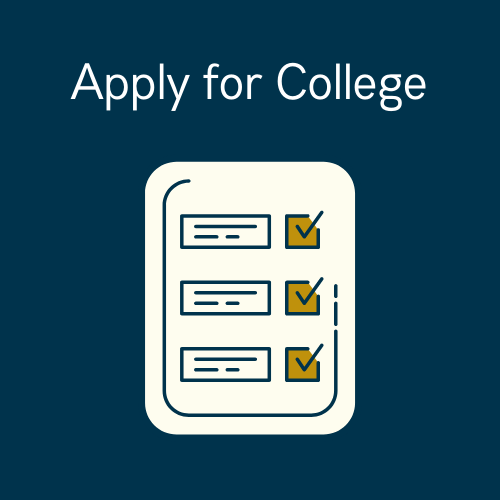
|
 |
| Learn more about the resources available to help high school students apply to colleges and universities in the state. |
The Board of Regents administers a number of state scholarships available to students at colleges and universities across Kansas. Explore some of the options available for your students. |
|

|
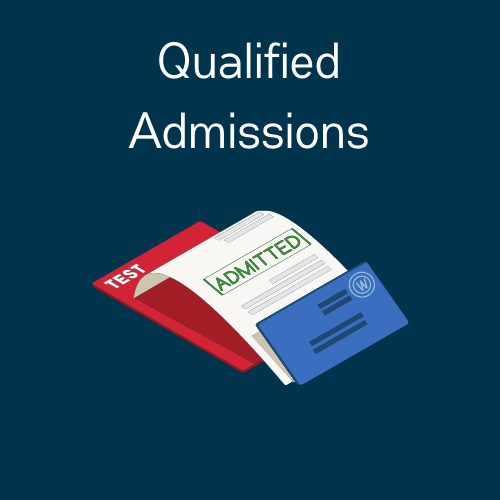
|
| Kansas DegreeStats provides cost information for every degree at a public university or college in the state, along with the average earnings of graduates from those programs. |
Learn about the requirements for admission to state universities in Kansas, along with alternative admission options for Kansas residents. |
 |
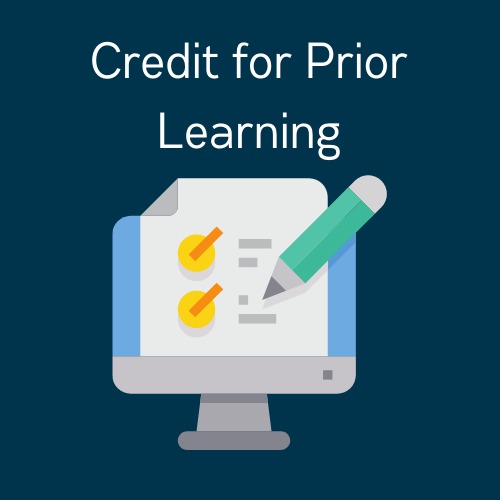
|
| There are more than 100 courses that transfer across the 32 public colleges and universities in Kansas. Help your students explore those transfer options and discover their path to degree completion. |
Students can earn credit at Kansas colleges and universities for demonstrating skills and knowledge equivalent to college-level learning. Options for earning this credit include AP, IB and CLEP exams, along with military experience. |
 |
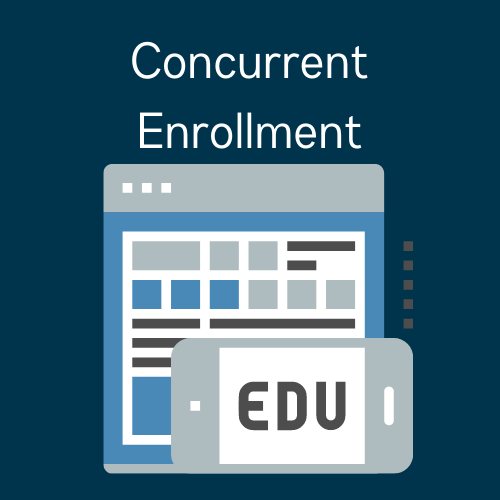
|
| Learn about the resources available to servicemembers and veterans, including alignment of military experience with credit for college courses, financial aid and residency information. |
Concurrent enrollment partnerships (CEP) facilitate the teaching of college-level learning at high schools to help students get a head start on their college careers. Learn more about CEP between Kansas high schools and postsecondary institutions. |
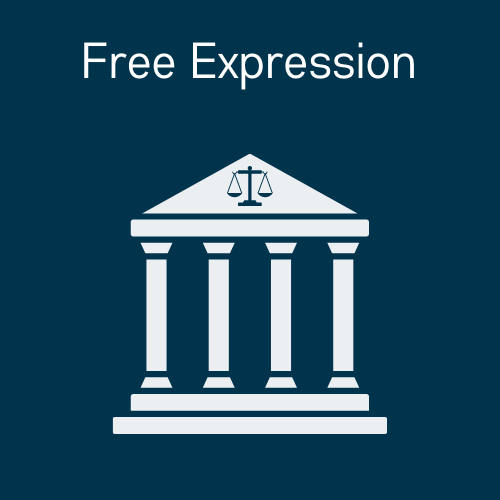 |
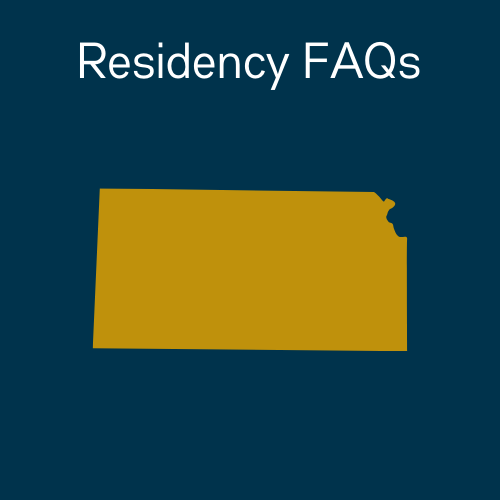 |
| The Kansas Board of Regents is committed to protecting the rights of students to exercise their First Amendment rights. |
These Frequently Asked Questions may help students determine if they qualify for in-state tuition at a state university. |
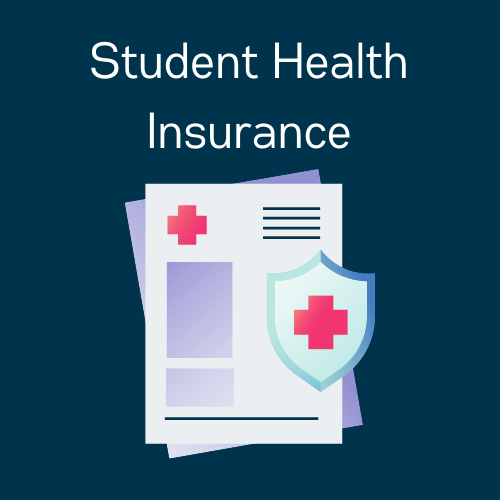 |
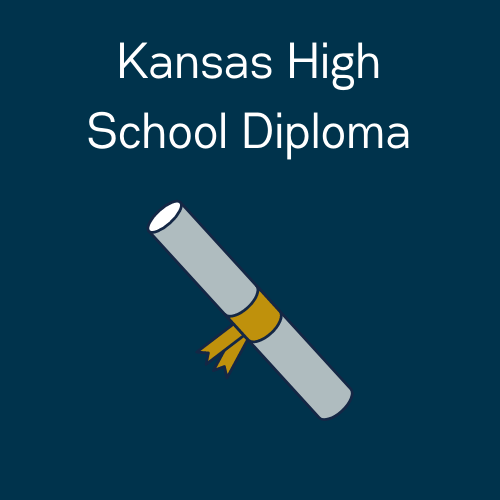 |
| State university students may choose to purchase health insurance through the Board's student health insurance plan. |
Kansas offers multiple paths to earning high school equivalency, including the GED and the Kansas Pathway to Career High School Equivalency. Learn more about these pathways and eligibility. |
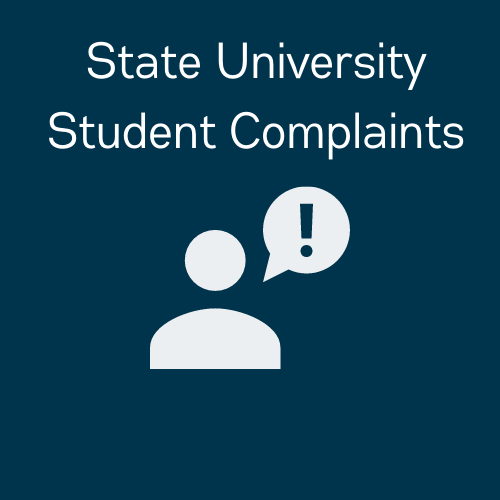 |
|
| State university students who have exhausted all available institutional grievance processes may make a complaint to the Board office, in writing. |
|